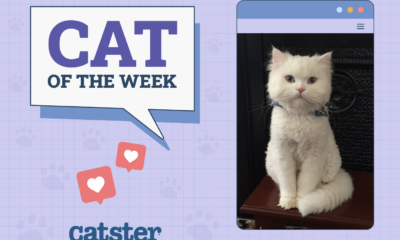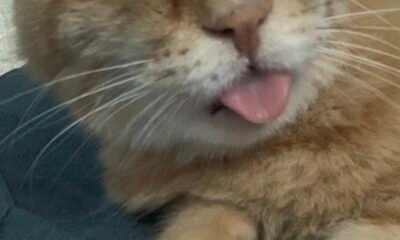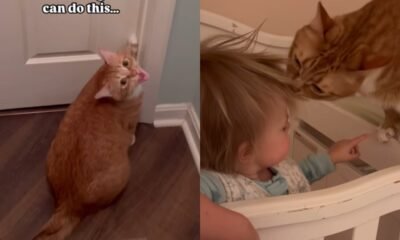The publication asks Dr. Paola – Monday, June 2, 2025 by Dr. Paola Cuevas MVZ (veterinarian) appeared first in Catster. The copy of complete articles violates copyright laws. It is possible that it is not aware of this, but all these articles were assigned, hired and paid, so they are not considered a public domain. However, we appreciate that you like the article and that you would love if you continue sharing only the first paragraph of an article and then linking the rest of the piece at Catster.com.
Welcome to our series “Ask Dr. Paola”, where every Monday we bring expert advice directly from Dr. Paola Cuevas (MVZ) to help our readers better understand the health and well -being of their cats.
Whether he is a new pet father or an experienced cat lover, Dr. Paola is here to provide answers to his more pressing questions. From nutrition and preventive attention tips to solve common behavior problems, Dr. Paola is ready to offer information that will keep his kitten happy, healthy and feline good. Be attentive to an expert orientation about a variety of issues that matter your cat most, so you can make informed decisions and provide the best possible attention for your furry partner.
Do you have a question? Send it here!
Aid! My cat is urinating in my deceased husband’s chair!
“Dear Dr. Paola,
QT is a 3 -year -old tigrado and lives with his half -sister, who is 11 years old. We lost my husband on February 21, 2024, and I began to notice Pee next to the heater ventilation next to his chair. I rubbed and used the miracle of nature, then I saw it in the other vent next to the other chair. I thought it was just happening when I had gone, but she did just by my side while sitting in her chair. We have two boxes of litters that clean daily, and I had never had this problem before 🙁 I have tried pepper and even putting her shirt on her, but she pushed him aside and did it anyway. I suppose she is upset because she has gone, but I don’t know what to do! Please, please help! Thank you, thank you, thank you, thank you, thank you.“– Brenda
Dear Brenda,
First, I want to say how deep I am for your loss. The pain affects all household members, and that includes our companions animals. What you are seeing in QT is very likely that your way of expressing anguish and confusion. Cats form strong accessories to their people, and losing one can feel that the floor has been taken from under them. Like us, under emotional stress, they can act out of place while trying to face. Different cats will present different behaviors.
Urinate outside the sand box, especially in places that carry a strong emotional connection such as her husband’s chair, often points out emotional agitation or anxiety. It is as if QT were trying to find or recover its aroma, a comforting presence that now feels that it is missing. While its behavior is understandable, we must also rule out a possible medical cause, as a problem of urinary tract, which can be activated or worsened by stress. I recommend programming a veterinary visit to ensure that your health is intact. Once medical problems are discarded, we can focus with confidence in supporting it emotionally. You should also consider the use of a Multicat synthetic feromone diffuser to help create a sense of security and support both cats during this transition.
If you need more immediate behavioral support, a Tele-triunfo service It could be a great starting point. Our veterinarians in Pangovet It can help evaluate the urgency of your signs and guide your next steps. QT is telling him something through his behavior, and with a little work of detective, patience and support, he can feel safer again. By the way, thanks for your kindness in doing a loving job at a very difficult time. I am sure that your awareness of your emotional world will make a real difference for all of you.
Condolences, and the best of luck with QT,
– Dr. Paola
If you need to talk to a veterinarian but you can’t get to one, go to Pangovet. It is an online service where you can Talk to an online veterinarian And get the advice you need for your pet, everything at an affordable price!
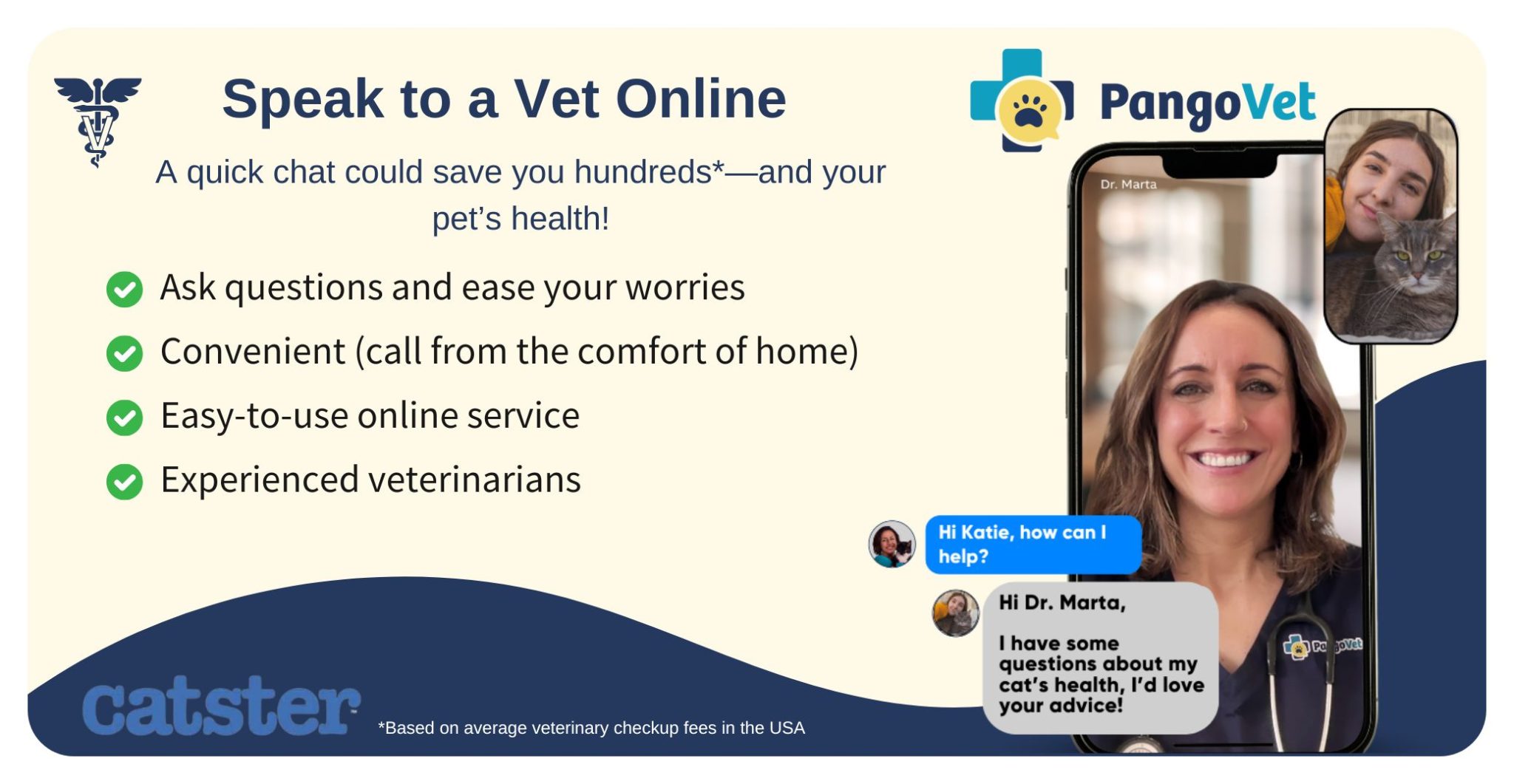

Aid! My cat is protecting the sand box!
“Hi Dr. Paola,
Roxy is a sandbox dictator when it comes to my other Ivor cat. I have three sand boxes. Roxy use the bathroom. The other two are in a free room. One is used by Ivor. The other box has fresh sand. None of the cats have used this box for two weeks. When Ivor needs to use his box, Roxy will follow. She allows him to take care of business. It goes hastily and Roxy attacks the tail and the back. Other times Roxy will simply sit near the Ivor sand box for hours and hours waiting for Ivor to use its sand box. “ – Lloyd
Hi Lloyd,
Relationships with cats are often challenging and what you are observing unfortunately is not uncommon in the homes of several capios. Roxy’s behavior around the sand box is a form of resource protection and territorial control, and for Ivor, it probably creates significant stress. That hurried output and the ambush of Roxy suggest that Ivor can begin to avoid the box completely, which could become problems of dirty urinary tract or even stress related. Cats are subtle communicators, and this type of tension often flies under the radar until a medical or behavioral concern arises.
To help relieve tension, I would recommend making some environmental changes. Although it already has three garbage boxes, its placement is as important as its number. Try to add a fourth box in an area completely different from the house, ideally where Roxy cannot easily monitor it. Think about it how to give Ivor a private bath far from the halter of the hall. In addition, consider the use of soothing aid as diffusers of multicat synthetic pheromones in the areas where they spend most of the time. The increase in enrichment through vertical spaces, separate feed stations and an interactive game can help redirect Roxy’s energy and reduce its sense of need to control shared resources.
If things do not improve or intensify more, a consultation with a feline behavior can offer a valuable vision and a Online veterinary service as our own pangovet It could help guide the next steps without establishing a complete medical-patient relationship immediately. You are clearly very observant and proactive, and I should congratulate you because that puts Roxy and Ivor in a great position to improve.
Sincerely,
– Dr. Paola

Aid! My cat has cough when it is in heat!
“Hi Dr. Paola,
Kloe is an orange and white orange tabby of 9 years and intact white. When your heat cycle begins, you will receive a cough; Otherwise, she only coughs after drinking water. It seems that it bites the water while it is it with the tongue. ” – Andrea
Hi Andrea,
Thanks for sharing the details of Kloe’s cough. It sounds like a sweet cat, and I can say that you are paying close attention to your well -being, which is very important as you advance towards your older years.
Tos in cats, especially when they are linked to specific triggers such as drinking or hormonal changes during estrus, it is not very common and deserves a closer look. When a cat coughs after drinking water, it can sometimes suggest problems such as laryngeal irritation, mild swallowing dysfunction or even anatomical differences that make water fall along the wrong path. Some cats with slightly elongated soft palates or other subtle anatomical variations may seem to “bite” water while drinking, occasionally lead to small amounts that enter the airway and trigger cough. As for the cough that coincides with its heat cycle, that is less typical and can point towards changes in hormonal levels that influence its respiratory tract, or possibly an indirect effect by stress or increased vocalization. However, conditions such as asthma, the early stages of heart disease or respiratory path disease can also occur in this way and can get worse in times of physical stress or hormonal fluctuation.
Because they are showing these signs repeatedly and seem linked to both heat and drink, I recommend that a veterinarian evaluate in person. A physical exam, along with images such as chest radiographs and possibly blood work, would help discard underlying conditions that can be handled more successful if it catches early. I hope this helps!
Dr. Paola
This article is part of our Weekly Ask Dr. Paola series
- Read the questions of the last weeks here – May 26, 2025
- Find the complete list of previous articles here
- Click here to send a question
The publication asks Dr. Paola – Monday, June 2, 2025 by Dr. Paola Cuevas MVZ (veterinarian) appeared first in Catster. The copy of complete articles violates copyright laws. It is possible that it is not aware of this, but all these articles were assigned, hired and paid, so they are not considered a public domain. However, we appreciate that you like the article and that you would love if you continue sharing only the first paragraph of an article and then linking the rest of the piece at Catster.com.
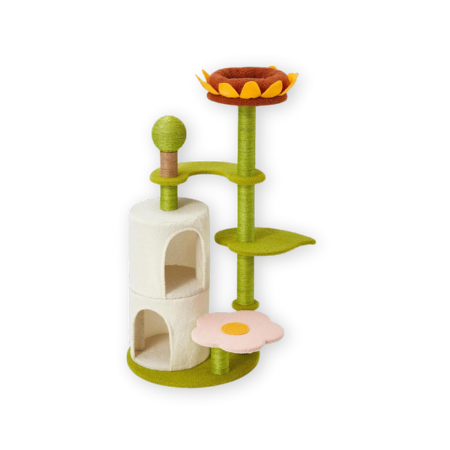












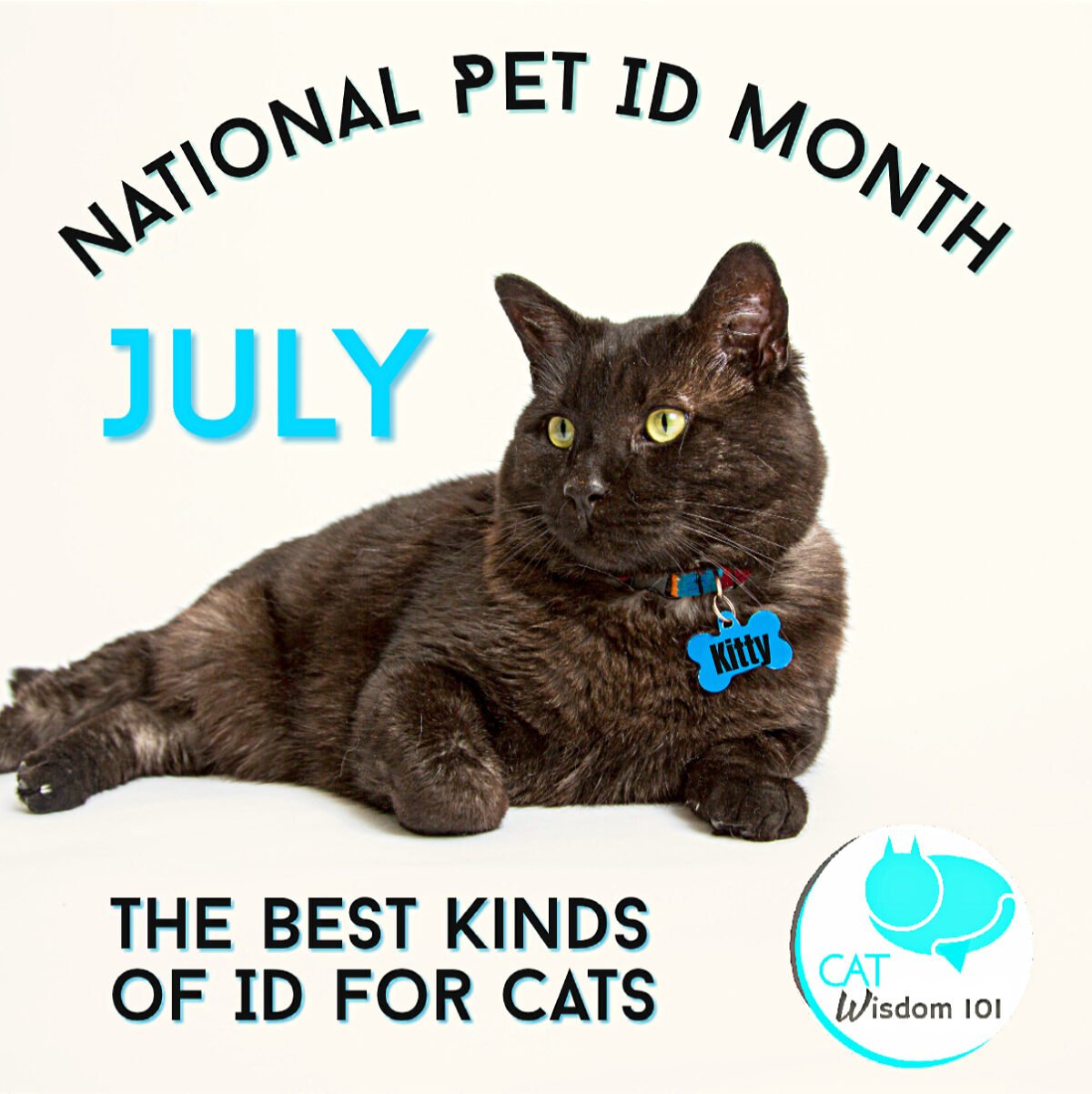
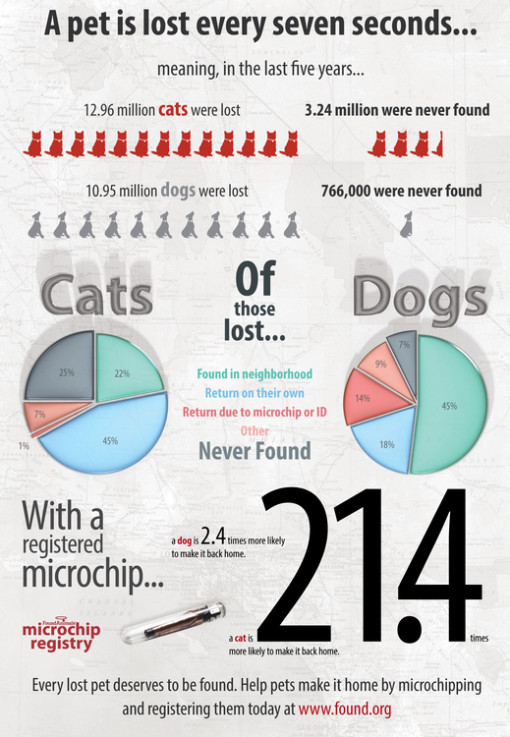
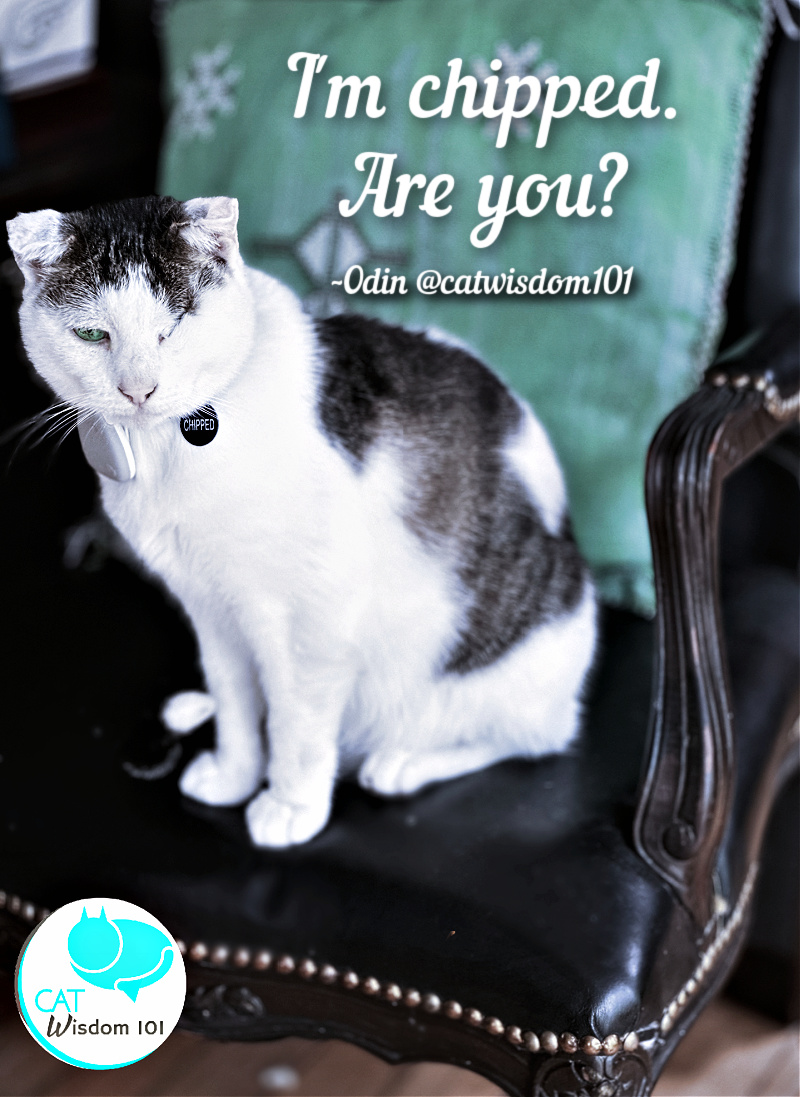
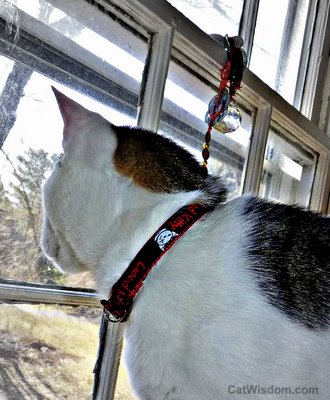
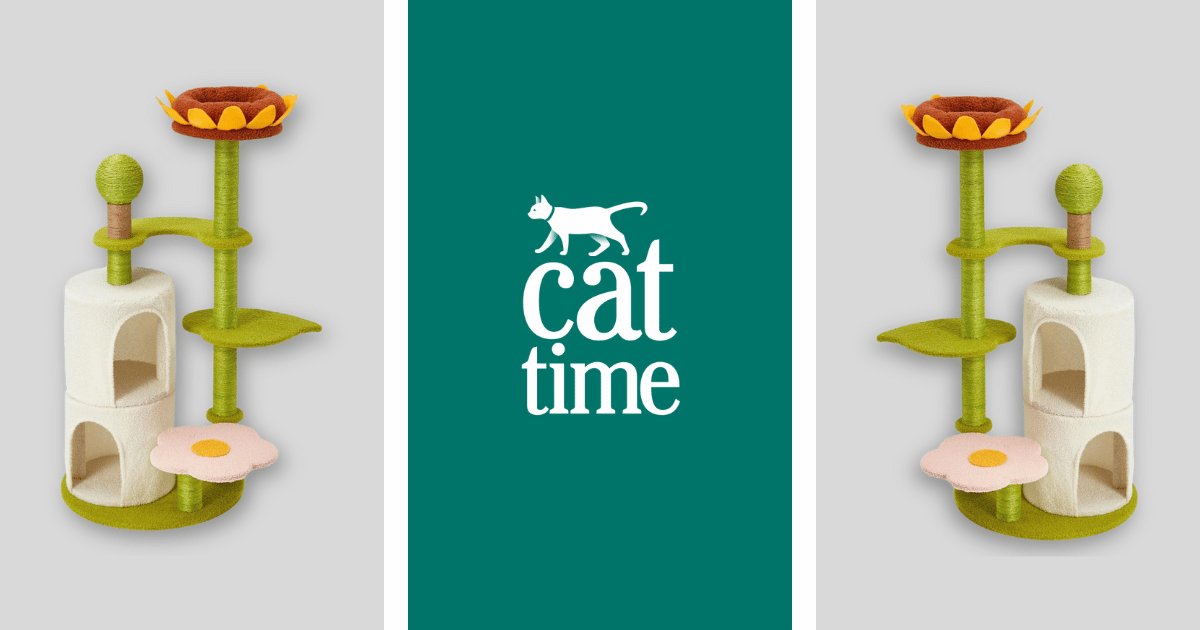

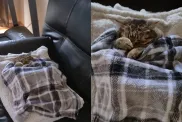
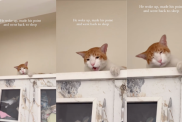



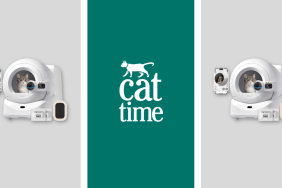

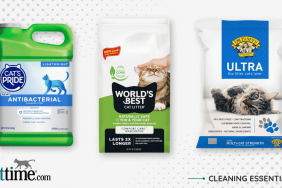
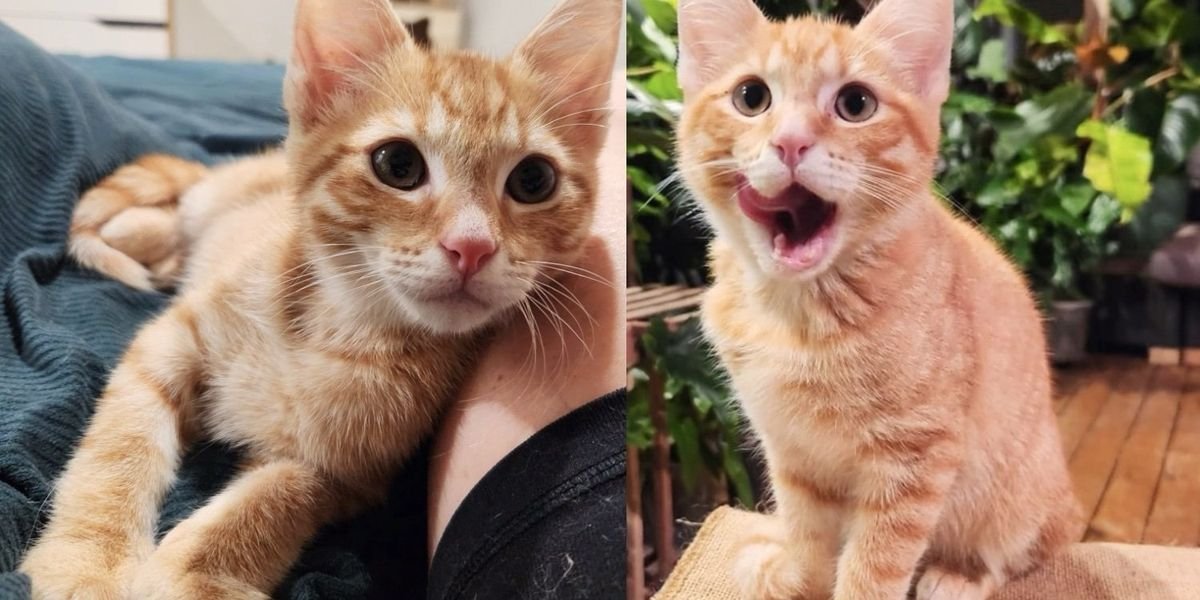
 He reached the rescue with one wounded legBestdfiendsfelines
He reached the rescue with one wounded legBestdfiendsfelines Bestdfiendsfelines
Bestdfiendsfelines He loves curling up in his adoptive motherBestdfiendsfelines
He loves curling up in his adoptive motherBestdfiendsfelines Bestdfiendsfelines
Bestdfiendsfelines Baker and IrwinBestdfiendsfelines
Baker and IrwinBestdfiendsfelines He has cured very well and should not need surgeryBestdfiendsfelines
He has cured very well and should not need surgeryBestdfiendsfelines Bestdfiendsfelines
Bestdfiendsfelines Happy and lovedBestdfiendsfelines
Happy and lovedBestdfiendsfelines Bestdfiendsfelines
Bestdfiendsfelines









